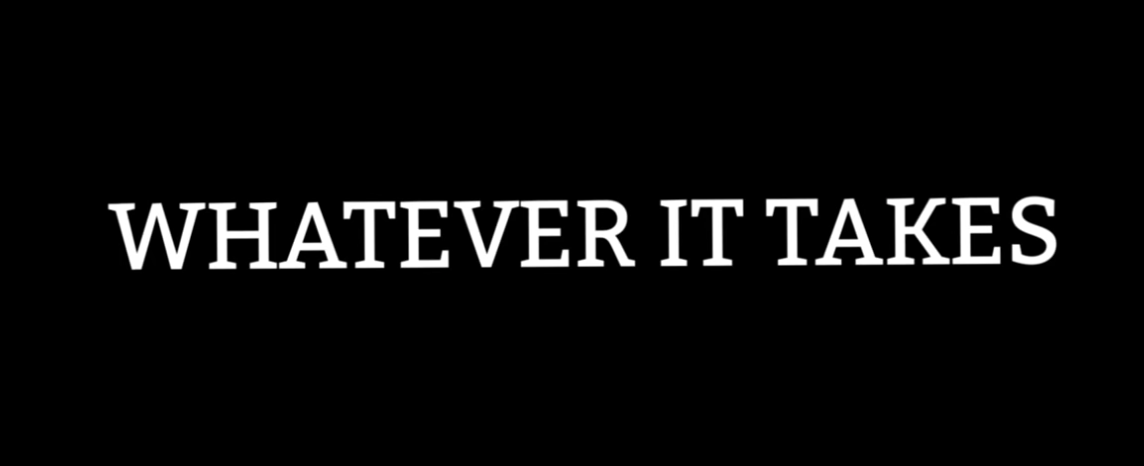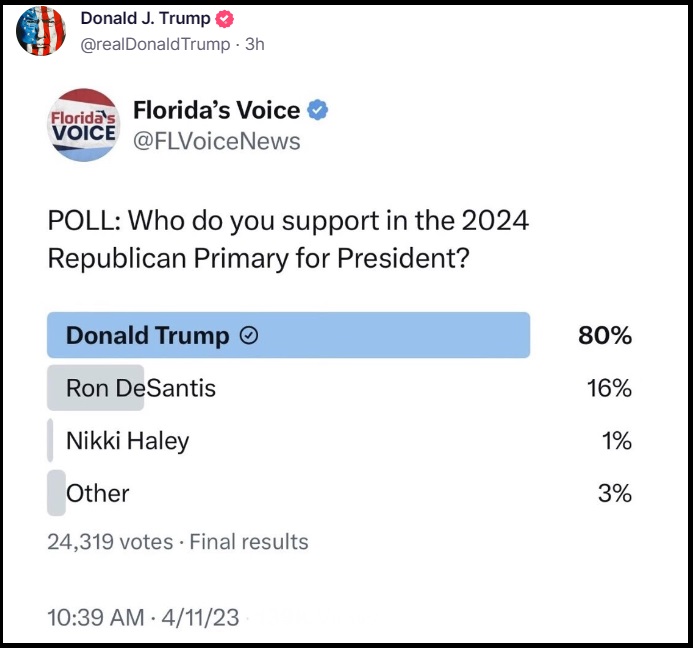The Department of Defense earlier this month announced a massive new military aid package for Ukraine valued at $2.6 billion, including $500 million worth of ammunition for U.S.-provided High Mobility Rocket Artillery Systems (HIMARS), air defense interceptors, artillery rounds, anti-armor systems, small arms, main battle tanks, heavy equipment transport vehicles, and maintenance support, all drawn from U.S. stockpiles. There are also serious discussions about providing F-16 aircraft.
This is only the latest installment. Since the Russian invasion a year ago, the United States has provided Ukraine with over $32 billion in security assistance (equipment, training, maintenance, and support), to which must be added the costs for U.S. operations and maintenance required over 20,000 additional U.S. troops in Europe to support the war effort and deter Russian attacks on NATO territory.
Although American sentiment generally comes down on the side of Ukraine as it resists Russian aggression, such a sentiment does not justify a blank check to Kyiv. But this is exactly what the Biden Administration is offering. According to U.S. Secretary of State, Antony Blinken, “this new security assistance will allow Ukraine to continue to bravely defend itself against Russia’s unprovoked and unjustified war . . . Russia alone could end its war today. Until Russia does, the United States and our allies and partners will stand united with Ukraine for as long as it takes.”
“For as long as it takes” is a phrase devoid of strategic thinking. Indeed, a lack of strategic thinking has characterized U.S. support to Ukraine from the beginning.
“Strategy” is best understood as the interaction of three factors, all assessed in the context of risk assessment: ends, the goals or objectives set by national policy that the strategic actor seeks to achieve; means, the resources available to the strategic actor; and ways, the strategic actor’s plan of action for utilizing the means available.
A good strategy articulates a clear set of achievable goals, identifies concrete threats to those goals, and then, given available resources, recommends the employment of the necessary instruments to meet and overcome those threats while minimizing their consequences.
In thinking strategically about Ukraine, we should be asking three fundamental questions: 1) is our approach to Ukraine consistent with U.S. grand strategy? 2) Is there a logical relationship between U.S. means available to U.S. goals? And 3) is our strategic concept not only logical but also realistic? In other words, what is the probability of success? Given the length and cost of the war, this last question is critical.
One factor notably absent the Biden Administration’s approach to Ukraine is the rigorous prioritization necessary as a foundation of successful strategy. Frederick the Great captured the essence of this factor when he wrote, “Little minds try to defend everything at once, but sensible people look at the main point only; they parry the worst blows and stand a little hurt if thereby they avoid a greater one. If you try to hold everything, you hold nothing.”
U.S. interests are global, but we have always established geographical priorities. During World War II, we prioritized the European Theater of Operations over the Pacific despite the fact that it was the Japanese attack that drew us into the conflict. During the Cold War, U.S. strategy in support of containing the Soviet Union focused first on Europe, next on the Pacific, and finally on the Greater Middle East. The end of the Cold War, 9/11 and the post-9/11 wars shifted our attention to the Middle East. The end of “the end of history” and the return of great power conflict, especially the rise of China, means the Indo-Pacific region has emerged as our most important geostrategic region.
As in the past, the United States can manage strategic interests in multiple regions today. The problem arises when challenges to our interests arise simultaneously. The question becomes how to establish priorities and assess opportunity costs associated with choosing one course of action—or region—over another. Despite the Biden Administration’s claim that U.S. security assistance of Ukraine “in no way” affects the provision of arms to Taiwan, the former places a significant resource demand on the United States that constitutes a major opportunity cost in terms of U.S. strategy in the Indo-Pacific.
The administration’s defenders claim that such a concern is overstated because military support to Ukraine and Taiwan is funded differently, the former by excess defense stockpiles and the latter by foreign military sales. While technically correct, the reality is that any change in authorization and the drawdown of stockpiles is likely to cause future competition for arms and other opportunity costs.
The United States has chosen to pursue a proxy war with Russia. On the one hand, that reduces the risk that a direct war would entail. But even proxy wars require strategic guidance. Unfortunately, U.S. policy makers have repeatedly failed to articulate our strategic objectives in Ukraine. At the outset, defense of the U.N. Charter and “democracy” seemed to be the primary goals. The objective appeared to be limited, a negotiated peace that ended the carnage. But lately, a “Ukraine victory coalition” that seeks to permanently weaken Russia has become dominant in Washington. It is this coalition that seeks a blank check for Ukraine, apparently without regard to the costs and risks associated with such a strategic goal.
Those risks are substantial: a possible direct confrontation between Russia and the United States and NATO; the creation of a dangerous anti-U.S. alignment that not only forges deeper ties between Russia and China but also includes a number of other states including India, Turkey, Saudi Arabia and Iran; and financial problems associated with increased inflationary pressures.
In addition, a recently leaked classified document suggests that many of the assumptions upon which an optimistic outcome of our proxy war are based are false or mistaken. An analysis of this document, which appears to be legitimate, suggests that the U.S. military is increasingly concerned that the situation in Ukraine is degrading rapidly, that the Ukrainian military is burning through artillery and air defense munitions far faster than they can be replaced, and that there is little or no likelihood that the Ukrainians can launch any sort of a counteroffensive later this year.
Of course the entire rationale for proxy war is that rather than confronting an enemy directly, an actor can reduce his cost and risk by supplying his enemy’s enemy. But the leaked report suggests Ukraine has become a black hole for the United States and NATO. Rather than being a cheap way to drain the Russians, we are draining our own stocks, which reverses the strategic logic of our support for Ukraine. As one commentator has written, “the proxy has become a parasite.”
Although Ukraine has the right to appeal to the United States for assistance in repelling Russian aggression, American citizens have a legitimate expectation that Ukrainian interests do not come at the expense of U.S. interests. Giving Ukraine a blank check, as some wish us to do, is the very opposite of a prudent U.S. foreign policy. For far too long, material support for Ukraine has been based on an appeal to our emotions. Instead, assistance to Ukraine must be assessed in the cold light of sound strategic reasoning.















